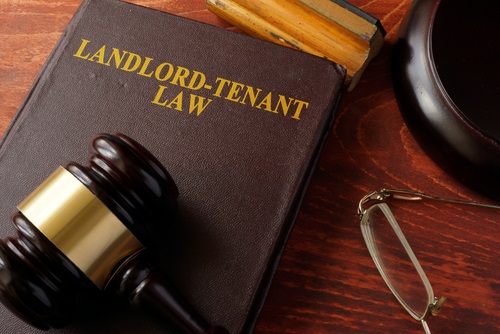What residential landlords need to know about the resumption of possession hearings
Important update
The evictions ban is now officially over and the courts are dealing with housing possession cases once again.
The move is welcome news for beleaguered landlords. Many have been under increasing financial pressure since pre-Covid 19 possession hearings and court orders were first frozen in March, enabling tenants to stay on in rented property for nothing.
However, there are some crucial developments you need to be aware of.
What are the new rules for court hearings?
The overall arrangements for possession proceedings have been outlined in a working party group paper which states:
- Claims brought before 3 August will not be listed, relisted or referred to a judge until a party serves a reactivation notice;
- A party filing and serving a reactivation notice must propose new dates for directions and a proposed hearing date, or state that an existing hearing date can be met;
- The arrangements must include a review date before the case proceeds to a substantive hearing,
Which cases will be prioritised?
New and existing cases that will be prioritised for listing include those involving:
- Allegations of anti-social behaviour;
- Extreme alleged rent arrears;
- Squatters and illegal occupiers;
- Domestic abuse;
- Fraud and deception;
- Unlawful subletting.
Will the courts be able to cope with the number of hearings?
Court centres will, as far as possible, allocate the same number of court rooms and time slots to possession proceedings as they did before lockdown.
In addition, 200 extra judges have been drafted in to help.
An independent mediation pilot is also being launched by the Ministry of Justice and the Ministry of Housing, Communities and Local Government, although details of exactly how it will work have not been finalised.
It will deal with cases (up to a maximum of 7,000) referred by duty solicitors who feel there is a reasonable chance of the parties reaching agreement but the issues are too challenging to be resolved by negotiation on the review date itself.
Both parties must agree to take part in mediation within seven days of the review date.
Covid-19
Landlords bringing a new possession must detail in their claim any relevant information about a tenant's circumstance, including how they have been affected by Covid-19.
They must also provide a rent arrears history in advance of the hearing rather than at the hearing itself.
Click here to see what we wrote about this recently.
Get in touch
For next steps advice, or to talk about our specialist debt recovery scheme, please contact James Murray, James Taylor or Richard Darbinian, all members of Wards Solicitors' highly acclaimed Business Disputes Team.
James Murray: James.Murray@wards.uk.com
James Taylor: James.Taylor@wards.uk.com
Richard Darbinian: Richard.Darbinian@wards.uk.com


